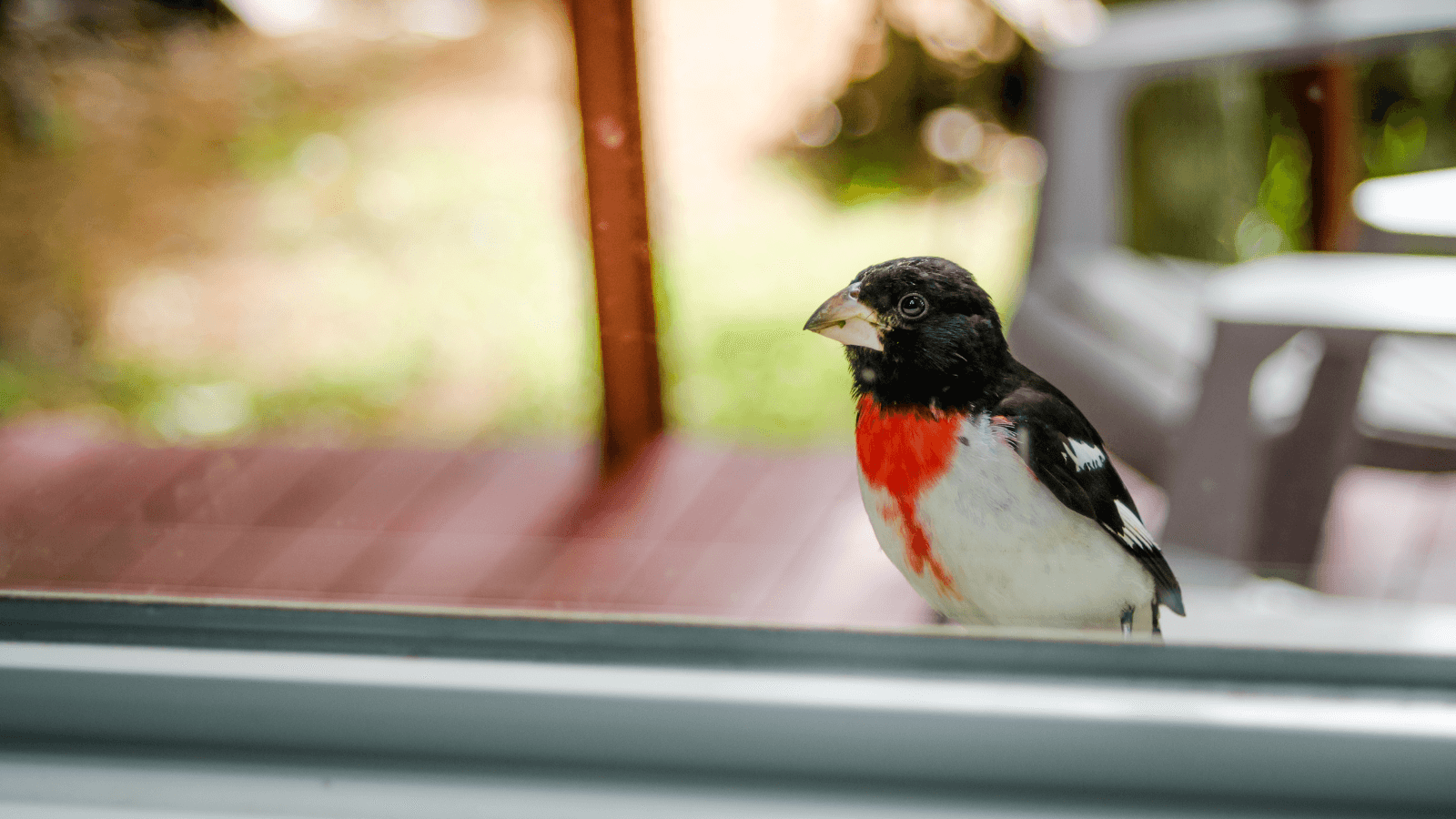Court Battle Over a Wisconsin Bird-Friendly Building Ordinance Continues

A court battle continues over Madison, Wisconsin's bird-friendly building ordinance, adopted unanimously by the Madison Common Council in 2020 and requiring new large construction and expansion projects to use modern bird-safe strategies and materials that allow birds to see and avoid glass.
In August 2022, the Dane County Circuit Court upheld the ordinance following a 2021 challenge from a group of local developers. Now, the developers, led by the Wisconsin Institute for Law and Liberty, have appealed that decision, sending it back to court. American Bird Conservancy (ABC) and partners Wisconsin Society for Ornithology and Madison Audubon Society have filed an amicus brief that provides the new judge with key information about the bird collisions crisis and why the ordinance is necessary to address it.
“We want the judge to understand the incredible scale of this crisis,” said Bryan Lenz, ABC's Glass Collisions Program Manager. “Each year in the U.S., up to 1 billion birds die following collisions with glass — that's approximately 2.7 million birds each day.”
Some species, such as the rapidly declining White-throated Sparrow, one of the most frequent window collision victims, are affected more than others. The brief also presents research showing that window collisions in Madison are a serious local threat to birds; discusses how solutions like Madison's building ordinance can save birds' lives; and highlights other municipalities that have enacted bird-friendly building ordinances without issue.
Adopting strategies to prevent window collisions is an important response to the loss of 3 billion birds in the U.S. and Canada since 1970. “We are disappointed that the developers appealed the Honorable Nia Trammell's decision, but hope that the Wisconsin Court of Appeals decides to save birds' lives by upholding Madison's bird-friendly building ordinance,” said Lenz. “A ruling in favor of the city will let the voice of the people of Madison be heard; they want to do their part to end this preventable conservation crisis.”
ABC has worked diligently for years to promote bird-friendly design, a set of practices that includes reducing the total amount of glass, which also saves energy and greenhouse gas emissions, and using bird-friendly building materials that help birds avoid flying into buildings. Such materials include glass with subtle patterns or other properties that make it visible to birds, solar shades, and insect screens. These are the sorts of practices that the Madison bird-friendly buildings ordinance requires of new large constructions.
Madison is not the first or only city to adopt this kind of ordinance. Bird-friendly building design guidelines have been adopted by 22 states and municipalities in the U.S. and Canada, and many more are currently pending. Cook County, Illinois (2008), Toronto, Ontario (2009), and San Francisco, California (2011) first enacted their guidelines over a decade ago. Bird-friendly design is also a part of many green building certifications, including U.S. Green Building Council's LEED program. The ongoing court battle in Madison is the first and only legal challenge to any of these guidelines.
###
American Bird Conservancy (ABC) takes bold action to conserve wild birds and their habitats throughout the Americas. Inspired by the wonder of birds, we achieve lasting results for the bird species most in need while also benefiting human communities, biodiversity, and the planet's fragile climate. Our every action is underpinned by science, strengthened by partnerships, and rooted in the belief that diverse perspectives yield stronger results. Founded as a nonprofit organization in 1994, ABC remains committed to safeguarding birds for generations to come. Join us! Together, we can do more to ensure birds thrive.
Media Contact
Jordan Rutter
Director of Communications
media@abcbirds.org

















































